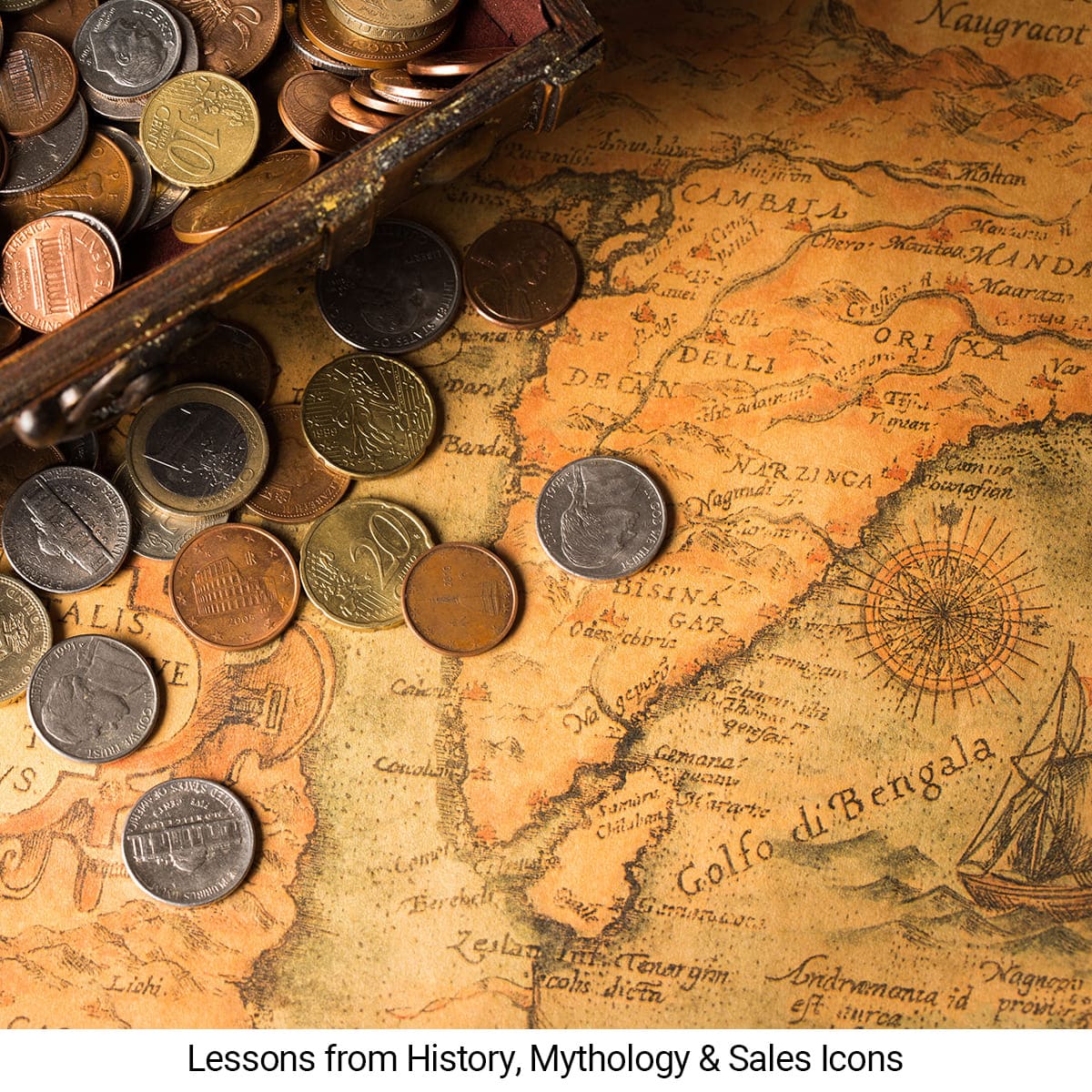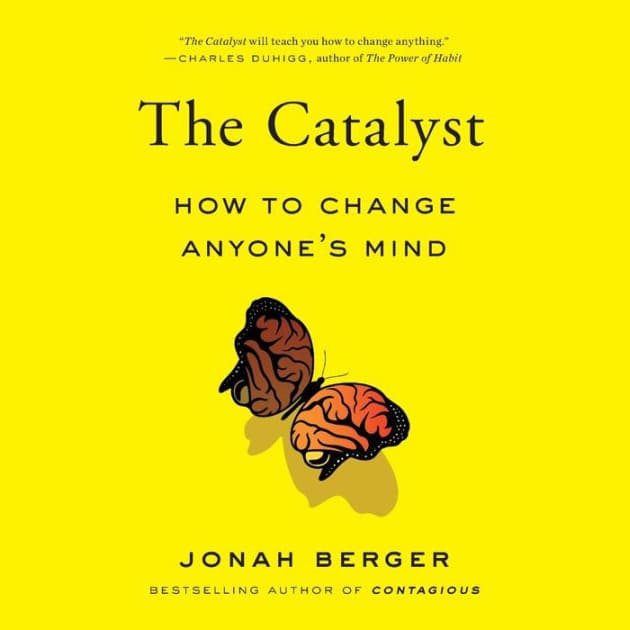A Slice of Sales History
Lessons from History, Mythology & Sales Icons
During the course of an interview, recorded in 2004, Walter A Friedman Prof of Business Administration and the Director of the Business History Initiative at the Harvard Business School responds with a fascinating slice of sales history to the question……
Who do you think was the most significant figure in the history of sales?
“Probably John H. Patterson at National Cash Register (NCR). Patterson, who lived from 1844 to 1922, was a contemporary of the Henry J. Heinz, William S. Burroughs, and other founders of great sales organizations. Patterson promoted "scientific" salesmanship. Like Frederick W. Taylor, the founder of scientific management in production, Patterson carefully analyzed business processes and tried to perfect them.

He created and documented new ways to support Sales People to sell more and sell better. Example:
- He created carefully written sales scripts, drew up detailed maps of sales territories, and tested different methods of compensation.
- He placed the pace of work under managerial control by demanding that salesmen meet monthly quotas.
- He believed in the need to break men down, and then rebuild them as good agents or executives for NCR.
- He was influential. He was a great promoter of himself and of the idea that sales management had to be handled systematically, even "scientifically."
- He attracted many talented people to NCR while he was there. NCR alumni included Charles F. Kettering of General Motors, Hugh Chalmers of Chalmers' Motor Company, Richard H. Grant of Chevrolet, and and Thomas J. Watson of International Business Machines (IBM).
In a very direct way, the blue-suited salesmen of IBM were linked to the sales strategies worked out at NCR. The well-known IBM motto "Think!" first appeared on an NCR trade card, apparently at Watson's suggestion”
The entire interview can be accessed here
“The greatest ability in business is to get along with others and influence their actions. A chip on the shoulder is too heavy a piece of baggage to carry through life”
– John Hancock –







